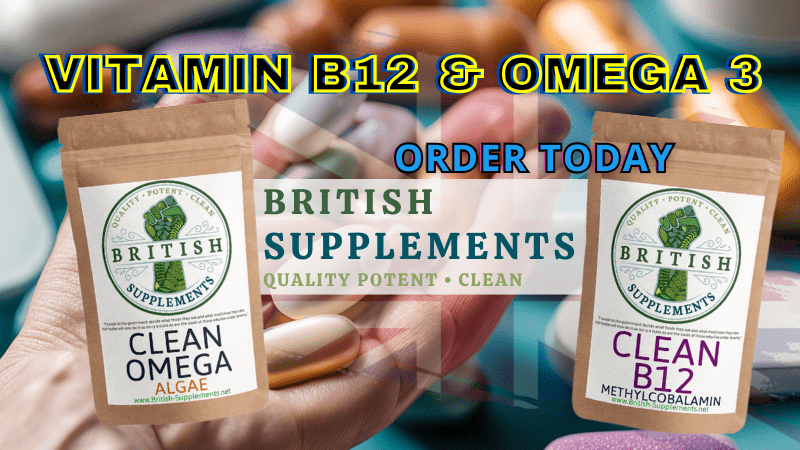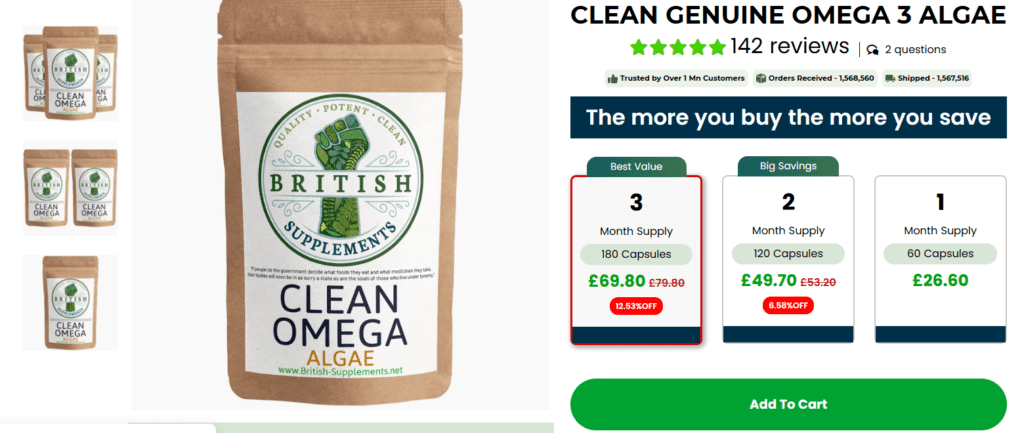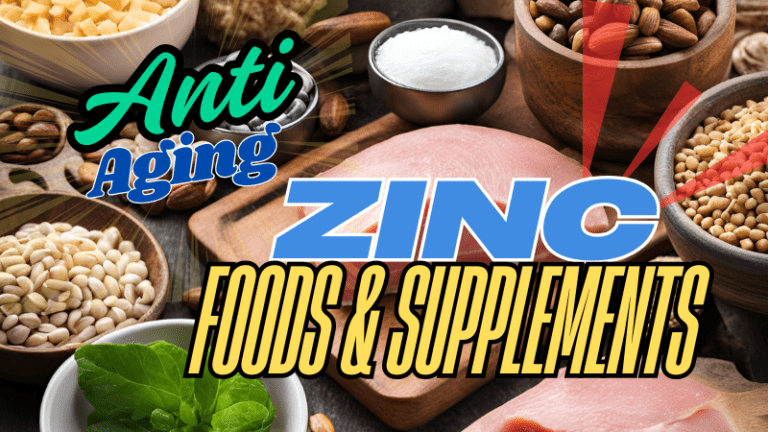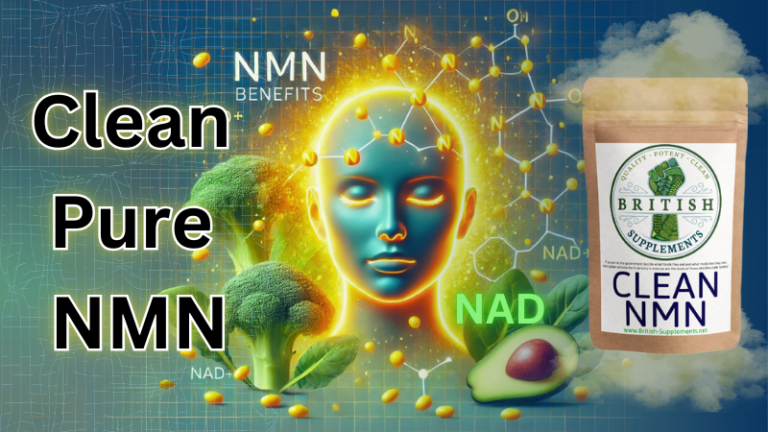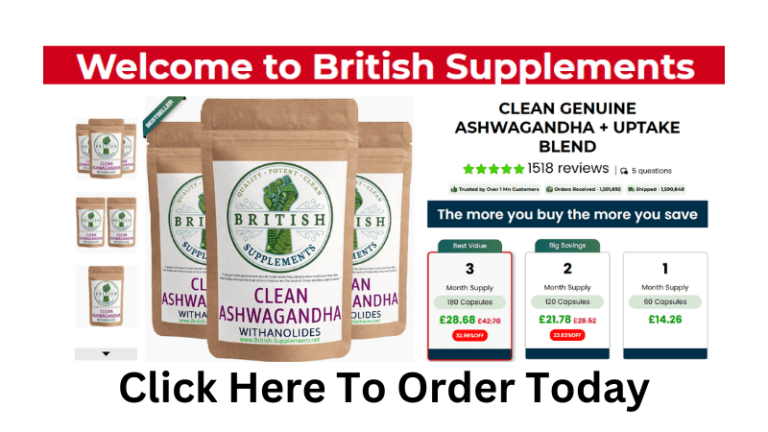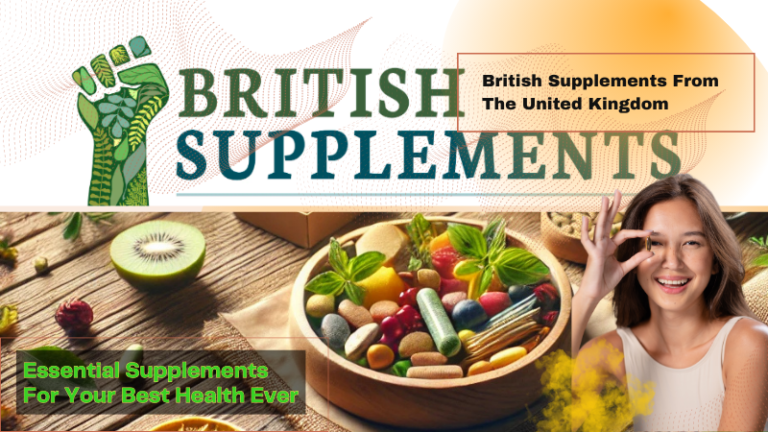Let’s get real about Vitamin B12 and why you need it in your diet, its ideal for vegetarians and Vegans. It’s one of those crucial nutrients that often flies under the radar. But without it, our bodies can seriously struggle. This vital vitamin is like the unsung hero, working behind the scenes to keep our nerve cells buzzing, helping in making those all-important red blood cells, and even getting involved in the complex job of DNA synthesis. Trust me, vitamin B12’s job is no joke.
You’re living your best plant-based life, focusing on all those greens and grains. Yet Vitamin B12 has a way of hiding out primarily in animal-based products. This makes it a tough get for many vegetarians. The problem is, if your B12 runs low, it can lead to some not-so-fun experiences like fatigue—a constant tiredness that coffee just won’t fix—or worse, anaemia and even neurological issues that can mess with your mind.
Think of Vitamin B12 as an energy conductor in the grand symphony of your diet. It’s the glue holding together nerve function, blood health, and genetic blueprint development. Yet, many plant-based diets don’t naturally stack up with enough B12 on their own, so know that it’s okay to seek out alternative ways to keep those levels up. Consider supplementation or fortified foods as part of your plan, and you’ll be setting yourself up for success without having to compromise your vegetarian lifestyle. By understanding and prioritizing B12, you’re taking a big step toward maintaining that vibrant, healthy glow that you’re striving for.

Why Vegetarians Are at Higher Risk for B12 Deficiency
Alright, so you’re all about that veggie life, but then there’s this thing about vitamin B12. Unlike those vitamins you can easily munch on in your leafy greens and ripe fruits, B12 mostly hangs out in animal products. It’s like the introvert of the vitamin world—not as easy to spot in a vegetarian diet, which can put veggie enthusiasts at a risk of falling short.
What makes this tricky is how B12 plays a critical role in keeping your energy levels steady and your tech—the nerve cells—sharp. Without it, you might find yourself dealing with low energy or mysterious tingling sensations. But don’t freak out just yet, getting to know the signs of B12 deficiency can be your first step to addressing them before they throw a wrench in your day-to-day living.
Common indicators that you’re running low on B12 include anaemia, recognizable from paleness or feeling dizzy, and neurological problems, which might just feel like forgetfulness or brain fog. Feeling like your brain took a day off when you’ve got work to do isn’t fun, so let’s work on catching these signs early.
The big takeaway here is that while loving those veggies, it’s equally crucial to give your diet a B12 boost where needed. Paying attention to how you’re feeling can help detect deficiencies early on. It’s like listening to what your body’s trying subtly to say, and then fine-tuning your diet plan accordingly. Keeping an eye on how you’re stacking up on B12 means you won’t need to lose any sleep over deficiencies—that way, you can keep living your veggie-filled dream without hiccups.
Strategies for Maintaining Optimal B12 Levels
Feeling a bit stumped about keeping those B12 levels in check while sticking true to your vegetarian diet? Relax, because there are straightforward ways to keep that vitamin power flowing. One of the simplest strategies is turning to supplements. It’s like giving your diet a direct line to this essential nutrient without having to change what you’re already eating.
Supplements come in many shapes and sizes—from pills to injections or even patches. Finding what works for you might take a bit of trial and error, but once you’ve got it sorted, they’ll fit right into your daily rhythm like clockwork. Pills might be perfect for popping in with breakfast, while patches provide a slow-release option if you prefer a hands-off approach.
But remember, not all supplements are created equal. Look out for reliable brands that are well-reviewed and ideally recommended by health professionals. And before making supplements a permanent addition to your routine, it’s always wise to have a chat with your healthcare provider to make sure they align with what your body needs.
Besides supplements, another angle is boosting your B12 intake through fortified foods. These gems are often fortified with B12 and can safely slot into your meal plans without shaking things up too much. Breakfast cereals, plant-based milks, and nutritional yeast often carry that extra B12 punch.
Incorporating these strategies can seriously ease the stress of wondering whether you’re getting enough B12. So pick a method—or even mix and match—as part of your tailored approach to a balanced vegetarian lifestyle. With these strategies, you’re ensuring your B12 levels don’t hit a snag. It’s all about sustaining energy and health seamlessly.
Incorporating Fortified Foods for Energy and Nutrition
Fortified foods are a vegetarian’s secret weapon when it comes to sneaking in that all-important Vitamin B12. Yes, supplements can do wonders, but let’s not forget the power of everyday eating. By choosing fortified options, you can put B12 right onto your plate or into your bowl with minimal effort.
Among the popular picks are plant-based milks like almond or soy, which often come fortified with B12. Adding these to your breakfast cereal or using them in smoothies gives you a great start to your morning. Some breakfast cereals themselves might also carry that extra B12 boost, making them a convenient way to up your intake without even realizing it.
Let’s not overlook nutritional yeast, a favourite among vegetarians and vegans for its cheesy flavour. Sprinkle it on popcorn or pasta, and you’re not only adding flavour but also ensuring a B12 boost. It’s versatile, tasty, and perfect for adding that nutritious edge to many dishes.
When shopping, keep an eye on food labels since you’ll want to ensure these fortified goods contain enough B12 to actually make a difference. The percentage of daily value can be a handy indicator here—aim for foods that offer a substantial chunk of what you need for the day.
By making these fortified foods a consistent part of your meals, you’re effortlessly getting that Vitamin B12 fix without disrupting your daily diet. It becomes more about making smarter food choices in the aisles and less about remembering to take a pill. So next time you’re meal planning, consider which fortified foods can join the lineup to help keep your B12 in check.
Combining B12 with Other Energy Sources for Active Living
When it comes to keeping up with an active lifestyle, Vitamin B12 plays a major role, but it doesn’t work alone. Combining this nutrient with other energy-boosting factors can maximize your health and vitality on a vegetarian diet.
Protein is a key player here. Make sure you’re mixing plenty of plant-based proteins, like beans, lentils, and chickpeas, into your meals. These powerhouses pair wonderfully with fortified foods or supplements to keep your energy levels stable and your muscles strong.
Don’t forget about iron either, another nutrient that closely collaborates with B12 in red blood cell production. Pair iron-rich foods, like spinach or legumes, with a Vitamin C source—say, a squeeze of lemon juice—to boost its absorption. This combination can further amplify your energy uptake and support an active lifestyle.
Omega-3 fatty acids, often overlooked in vegetarian diets, also complement B12 by supporting brain health while boosting overall energy. Consider adding flaxseeds, chia seeds, or walnuts to your diet for a nice fat boost alongside your B12 intake.
Holistic health is all about balance, so blending your B12 regimen with these key nutrients can provide a fuller spectrum of benefits. It ensures you’re not just covering essential vitamins but supercharging your daily nutrition plan. By planning your meals to include these complementary sources, you’re setting yourself up for sustained energy and overall well-being.
Lifestyle Choices to Support Long-term Health and Vitality
Maintaining optimal Vitamin B12 levels goes beyond just diet. Incorporating smart lifestyle choices can make a big difference in how you feel day-to-day. Regular health check-ups are a key factor here. Scheduling routine visits to your healthcare provider ensures that your B12 levels are tracked, keeping you informed and proactive.
Engaging in regular physical activity is another powerhouse move. It can enhance the way your body utilizes B12 and other nutrients. Whether it’s yoga, cycling, or just a brisk walk around your neighbourhood, staying active can help keep energy levels up and stress levels down.
Sleep is equally crucial. Good rest allows your body to recover and manage its vitamins better, and it keeps your mood and mind in top shape. Prioritizing a solid sleep routine supports your body’s natural regenerative processes, making sure that B12 and other nutrients are doing their jobs effectively.
Finally, consider mindfulness practices, such as meditation or deep-breathing exercises. Stress can impact how our bodies process and absorb nutrients, so keeping stress in check can indirectly benefit your B12 and overall nutrient levels.
By integrating these lifestyle choices with a diet rich in B12, either through supplements, fortified foods, or both, you’ll be better equipped to maintain long-term health and vitality. It’s all about aligning your lifestyle habits with your nutritional needs to keep feeling your best.











